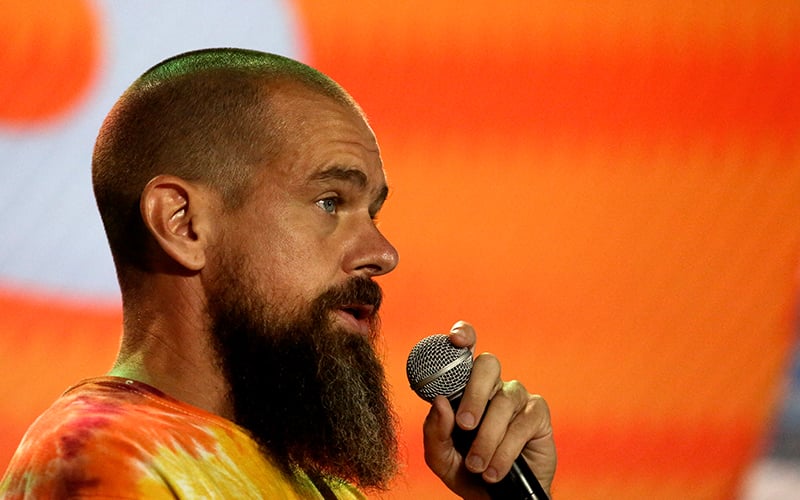
Twitter (now X) and Square (now Block) co-founder Jack Dorsey’s recent tweet on the topic ignited a fierce debate this past weekend. His incendiary tweet made it sound like a sea change was about to occur with our intellectual property (IP) laws. Dorsey succinctly stated, “delete all IP law,” prompting a swift endorsement from Elon Musk, X’s current owner, who replied, “I agree.” This exchange has prompted a national discussion on what such a drastic move would mean for the tech industry and the nation at large.
The Debate Over IP Laws
Dorsey’s call to eliminate IP law comes as OpenAI, co-founded by Musk, faces multiple lawsuits alleging copyright violations in its AI model training processes. Supporters claim that dismantling IP protections would threaten the nation’s creative industries. Tech evangelist Chris Messina pointed out that Dorsey “isn’t wrong.” He was alluding to the oncoming legal tsunami that companies like OpenAI are currently weathering.
The divisive debate over changing IP laws has drawn a colliding array of voices. Lincoln Michel expressed skepticism, stating, “none of Jack or Elon’s companies would exist without IP law,” and accusing them of disregarding artists’ contributions. Similarly, Ed Newton-Rex characterized the Dorsey-Musk dialogue as “Tech execs declaring all-out war on creators who don’t want their life’s work pillaged for profit.”
Dorsey has made no secret of his interest in developing new models that better compensate creators. He pushed back by saying that the systems we have in place now are fundamentally broken. “Creativity is what sets us apart,” he told us, “yet the system constrains that and places payments in the control of these gatekeepers who aren’t allocating them equitably.” His comments speak to a larger frustration amongst creators about current compensation structures in the digital ecosystem.
The Role of IP Law and Potential Reforms
Nicole Shanahan joined the conversation with an important reminder of the indispensable role of IP law. She concluded, “IP law is the only thing standing between human creations and AI creations.” This serves to bolster the even stronger case that repeal of these protections would present significant risks to artists and creators. Shanahan expressed her willingness to engage in discussions about reforming IP laws: “If you want to reform it, let’s talk!”
The fight has even wider implications for the tech industry. He was originally the one to start the open social media project that eventually evolved into what we now know as Bluesky. Since his time leaving the company, he thinks his exit has freed Bluesky from the perception of being another billionaires’ side project.
Musk’s antipathy towards patents has been just as inflammatory. Ten years ago, Tesla committed to not enforcing patents on any companies that used them “in good faith.” After all, Musk has called patents “for the weak,” most recently while speaking to Jay Leno. This feeling rings true in his conversations with Shanahan when she challenged his perspective with a hearty “NO.”
Author’s Opinion
The proposal to dismantle intellectual property laws, as voiced by Dorsey and Musk, could have significant ramifications not only for tech companies but also for the broader creative industries. While their frustration with current systems is understandable, it’s important to consider the long-term impact of removing IP protections. Such a move could undermine the very foundations that protect creators and innovators from exploitation, and the potential benefits for the tech sector may come at a high cost to artists and content creators.
Featured image credit: FMT
Follow us for more breaking news on DMR
